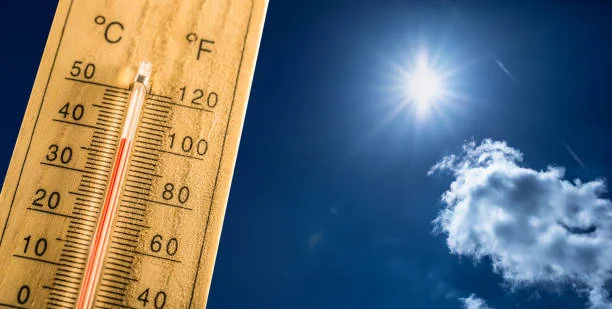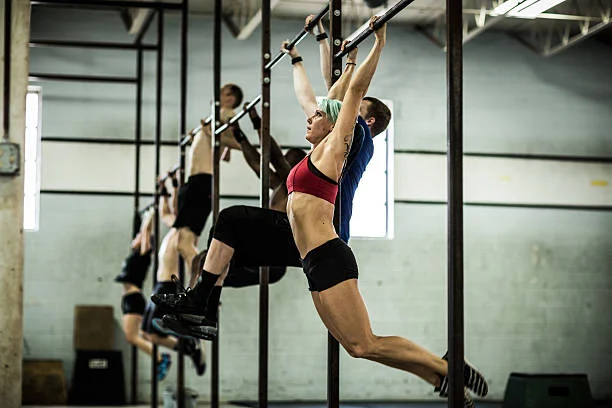Tragically, a 24-year-old lady suffered a sudden heart arrest at a CrossFit competition in Mexico, where the temperature was 96°F. Competing at the Cholula Games, a certified CrossFit event hosted in San Andrés Cholula in southeast Mexico on May 2, Nayeli Clemente.
Clemente started having trouble breathing during the “Team Pyramid Run,” a gruelling relay-style competition in which participants alternately run progressively farther, and then pass out.

Managing to stabilise her momentarily, a doctor in the audience performed emergency CPR before an ambulance showed up. Clemente sadly died not long after arriving at the hospital. Later, authorities verified that she had experienced an unexpected heart attack.
Although the cause of the heart arrest is currently unknown, it is thought that Clemente might have passed away from extreme exercise in hot temperatures.

Local accounts have sparked questions since onlookers assert that Clemente’s medical treatment was delayed. Allegations surfaced about paramedics having trouble deploying a stretcher and about an oxygenation device not being connected when it was desperately needed.
Critics of the event planners also pointed out that some observers noted insufficient paramedics present to cover the event sufficiently.
The organisers responded with a statement informing the public that Clemente’s family has continuously contacted them. The report said: “An athlete suffered a medical problem during the Cholula Games’ main event. The medical crew of the event attended to her; she was then sent to a private hospital, where she sadly died the next day. Since the tragedy, the Cholula Games has kept in contact with the athlete’s family and will be there to help them through difficult circumstances.

Doctors are alert as high heat exercise considerably increases the danger of cardiac arrest. The body responds to too high heat by stimulating the circulatory system, particularly the heart, which must work harder to pump blood to the surface of the skin to assist cool. Higher strain causes electrolyte loss and dehydration that might compromise heart performance and increase de*th risk.
“Your organs cannot function as effectively if your body cannot cool itself down,” UofL Health Emergency Medicine physician Dr. Hugh Shoff told WDRB. You start losing a lot of water through evaporation, which causes dehydration; your organs suffer when your body cannot pump as much fluid.”

According to a 2010 study, 95°F (35°C) is the highest limit for human survival; beyond this, the body cannot efficiently cool itself by sweating, thereby raising the sensitivity to cardiac arrest.
More than 350,000 Americans go through a heart attack outside of a hospital annually. Though it most usually affects adults, it can also strike children.
Through its alternating running and resting intervals, the demanding endurance challenge known as the Pyramid Run tests runners to their physical capacity. Although intended to evaluate speed and endurance, this exercise can significantly tax the muscles and cardiovascular system, causing tiredness, too much perspiration, and possible organ damage.

Pittsburgh-based physician and health coach Dr. Emil Hodzovic counsels fitness enthusiasts—beginners or experienced athletes—not to participate in rigorous CrossFit during a heat wave.
“Stop and rest in the shade while rehydrating if you have lightheadedness, hot or red skin, blurry vision, extreme fatigue, weakness, an excessive heart rate, or vomiting,” he said. See a doctor if symptoms last. This is not the moment for ‘no pain, no gain.'”
To restore lost fluids, Dr. Hodzovic advises those working in intense heat to drink an electrolyte beverage before and after exercise.
“Hydrate more than you would think you will need,” he stressed. You can lose litres of fluid an hour, significantly more than you could absorb from simply drinking water; sweat has to be replaced.”
